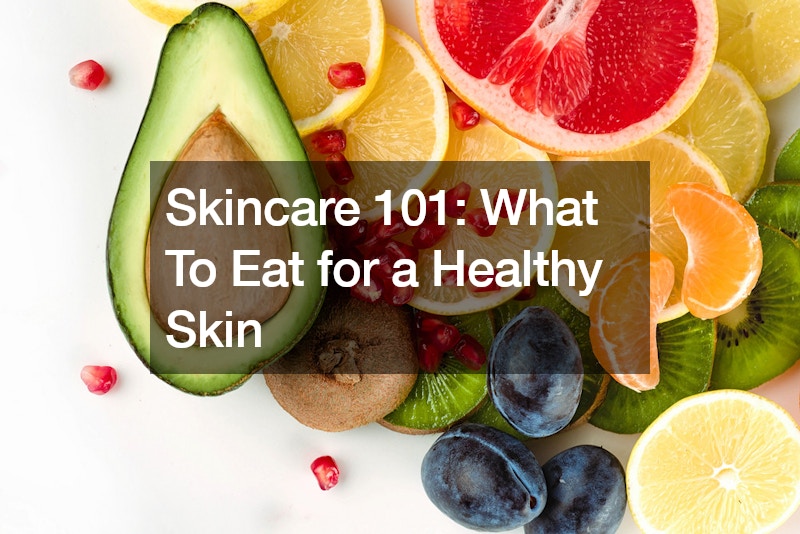Achieving healthy, glowing skin isn’t just about the creams and serums you apply on the outside; it’s also about what you put inside your body. Your diet plays a crucial role in maintaining skin health, and incorporating the right foods can help you achieve a radiant complexion. Here’s a guide on what to eat for healthy skin, alongside some insights into other skincare options like injectables aesthetic skin treatment.
1. Load Up on Antioxidants
Antioxidants are your skin’s best friend. They protect your skin from damage caused by free radicals, which can lead to premature aging and dullness.
Foods rich in antioxidants include berries (such as blueberries, strawberries, and raspberries), dark leafy greens (like spinach and kale), and colorful vegetables (such as bell peppers and tomatoes). These foods help fight oxidative stress and keep your skin looking youthful and vibrant.
2. Include Omega-3 Fatty Acids
Omega-3 fatty acids are essential for maintaining the skin’s lipid barrier, which keeps your skin hydrated and plump. They also have anti-inflammatory properties that can help reduce redness and irritation. Good sources of omega-3s include fatty fish (such as salmon and mackerel), flaxseeds, chia seeds, and walnuts. Incorporating these foods into your diet can help keep your skin supple and moisturized.
3. Get Enough Vitamin C
Vitamin C is crucial for collagen production, which is vital for skin elasticity and firmness. It also helps protect your skin from sun damage and promotes a bright, even complexion. Citrus fruits (like oranges and lemons), strawberries, bell peppers, and broccoli are excellent sources of vitamin C. Regularly consuming these foods can support your skin’s structural integrity and overall health.
4. Zinc for Skin Repair
Zinc plays an important role in skin repair and regeneration. It also has anti-inflammatory properties that can help manage acne and other skin conditions. Foods rich in zinc include nuts and seeds, legumes (such as chickpeas and lentils), whole grains, and dairy products. Ensuring adequate zinc intake can help your skin heal and stay resilient.
5. Hydrate, Hydrate, Hydrate
While not a food, water is essential for healthy skin. Staying hydrated helps maintain skin elasticity and keeps your skin looking fresh and plump. Aim to drink at least eight glasses of water a day, and eat water-rich foods like cucumbers, watermelon, and oranges to boost your hydration levels.
Additional Skincare Options
While diet plays a significant role in maintaining skin health, there are other skincare options that can complement your efforts. For instance, injectables aesthetic skin treatment has become increasingly popular for those seeking to enhance their skin’s appearance. These treatments can provide quick and effective results for reducing wrinkles, fine lines, and other signs of aging. By combining a healthy diet with professional treatments, you can achieve a comprehensive skincare regimen that addresses both internal and external factors.
In conclusion, eating the right foods can significantly impact the health and appearance of your skin. By incorporating antioxidant-rich fruits and vegetables, omega-3 fatty acids, vitamin C, zinc, and plenty of water into your diet, you can support your skin from the inside out. Additionally, exploring options like injectables aesthetic skin treatment can offer further enhancement, helping you achieve the radiant complexion you desire.
.


